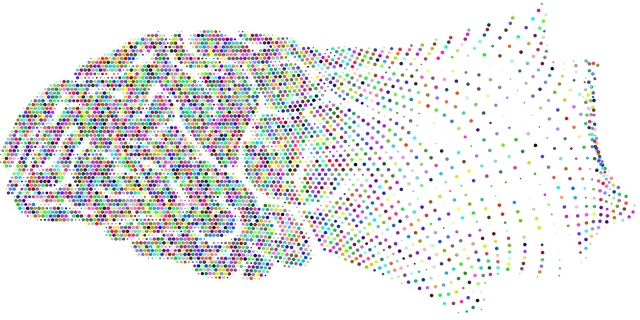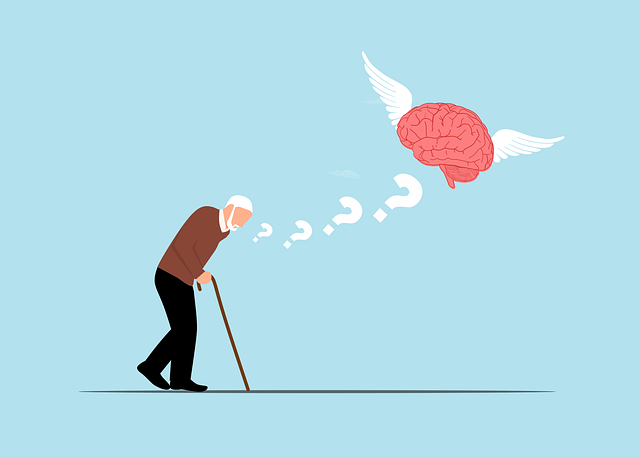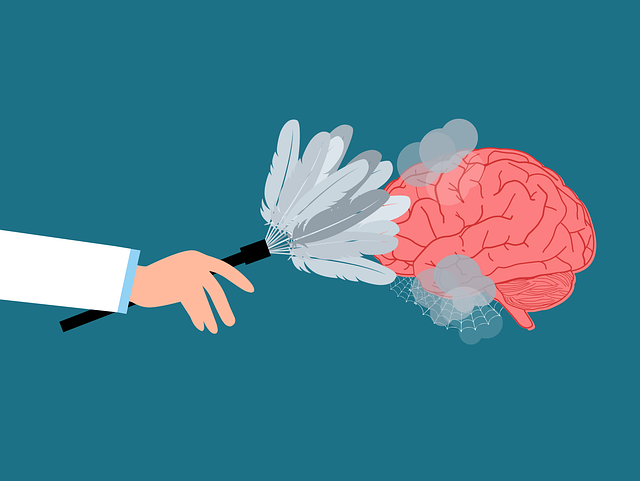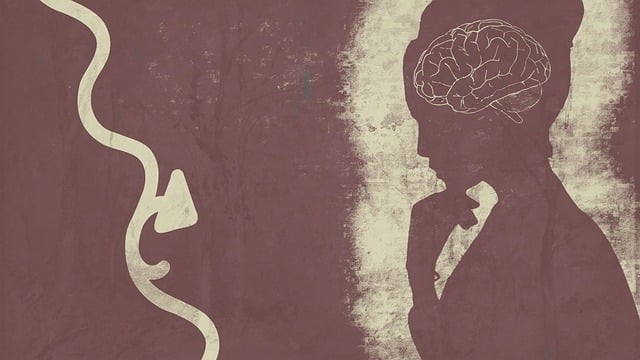Golden Alcohol Abuse Therapy offers a comprehensive approach to overcoming alcohol abuse by focusing on coping skills, cultural competency, and emotional regulation. This holistic method identifies and addresses underlying psychological issues, providing personalized therapy sessions, community support, and self-care techniques like exercise and mindfulness. By empowering individuals with durable tools, reducing mental illness stigma, and offering trauma support, Golden Alcohol Abuse Therapy facilitates recovery while promoting overall mental wellness, as seen in the Mental Wellness Podcast Series.
Coping skills development is a pivotal aspect of Golden Alcohol Abuse Therapy, offering individuals powerful tools to navigate life’s challenges. This article delves into the significance of these skills, providing insights on how they can be identified and integrated for personal growth. From understanding the impact of effective coping mechanisms to maintaining healthy strategies long-term, readers will explore actionable steps to enhance their well-being and sustain recovery in the context of Golden Alcohol Abuse Therapy.
- Understanding Coping Skills and Their Significance in Golden Alcohol Abuse Therapy
- Identifying Effective Coping Mechanisms for Personal Growth
- Integrating and Maintaining Healthy Coping Strategies Long-Term
Understanding Coping Skills and Their Significance in Golden Alcohol Abuse Therapy

Coping skills are a crucial component of Golden Alcohol Abuse Therapy, serving as powerful tools for individuals seeking to overcome addiction and promote mental wellness. These skills enable individuals to navigate challenging situations, manage stress, and cope with intense emotions effectively. In the context of Golden Alcohol Abuse Therapy, which often involves addressing underlying psychological issues, coping mechanisms play a vital role in preventing relapse and fostering long-term recovery.
Understanding cultural competency within healthcare is essential here. The Healthcare Provider Cultural Competency Training highlights the importance of tailoring therapy to individual needs, considering cultural backgrounds, and incorporating diverse therapeutic approaches. By integrating positive thinking and emotional regulation techniques into the Golden Alcohol Abuse Therapy framework, clients can develop resilience and a sense of control over their lives. This holistic approach not only aids in alcohol abuse recovery but also contributes to overall mental wellness, as showcased through the insightful Mental Wellness Podcast Series Production, which emphasizes the power of self-care and positive coping strategies.
Identifying Effective Coping Mechanisms for Personal Growth

In the journey towards personal growth and recovery, identifying effective coping mechanisms is a pivotal step, especially for those navigating challenges like alcohol abuse. Golden Alcohol Abuse Therapy emphasizes that understanding one’s unique triggers and developing healthy coping strategies can significantly enhance overall well-being. Through individualized therapy sessions, individuals learn to recognize their emotional cues and implement appropriate responses, steering clear of reliance on substances as temporary fixes.
Community Outreach Program Implementation and Communication Strategies play a crucial role in this process. Sharing experiences and learning from peers in support groups fosters a sense of belonging and provides valuable insights into coping techniques. Moreover, focusing on mood management skills empowers individuals to regulate their emotions effectively, reducing the urge to resort to alcohol as a means of escape or self-medication.
Integrating and Maintaining Healthy Coping Strategies Long-Term

Developing healthy coping strategies is a crucial step towards well-being, but maintaining these practices long-term requires consistent effort and dedication. Integrating effective coping skills into daily life can be seen as part of a holistic approach to mental health care, which includes professional support like Golden Alcohol Abuse Therapy. This therapy not only helps individuals address underlying issues but also equips them with durable strategies to navigate life’s challenges.
Self-care practices play a vital role in sustaining these positive changes. Regular exercise, mindfulness meditation, and engaging in hobbies can act as powerful tools for stress reduction and emotional regulation. Moreover, mental illness stigma reduction efforts contribute to creating an environment where individuals feel comfortable seeking support without fear of judgment, thereby encouraging ongoing engagement with healthy coping mechanisms. Trauma support services are also essential, offering specialized help for those who have experienced traumatic events, ensuring they receive the necessary tools to manage their mental health effectively over time.
Coping skills development is a pivotal aspect of Golden Alcohol Abuse Therapy, offering individuals effective strategies for personal growth and long-term recovery. By understanding and identifying healthy coping mechanisms, one can navigate life’s challenges with resilience and adaptability. Integrating these strategies into daily routines enables individuals to maintain mental well-being and prevent relapse, fostering a sustainable and fulfilling life free from alcohol abuse.








